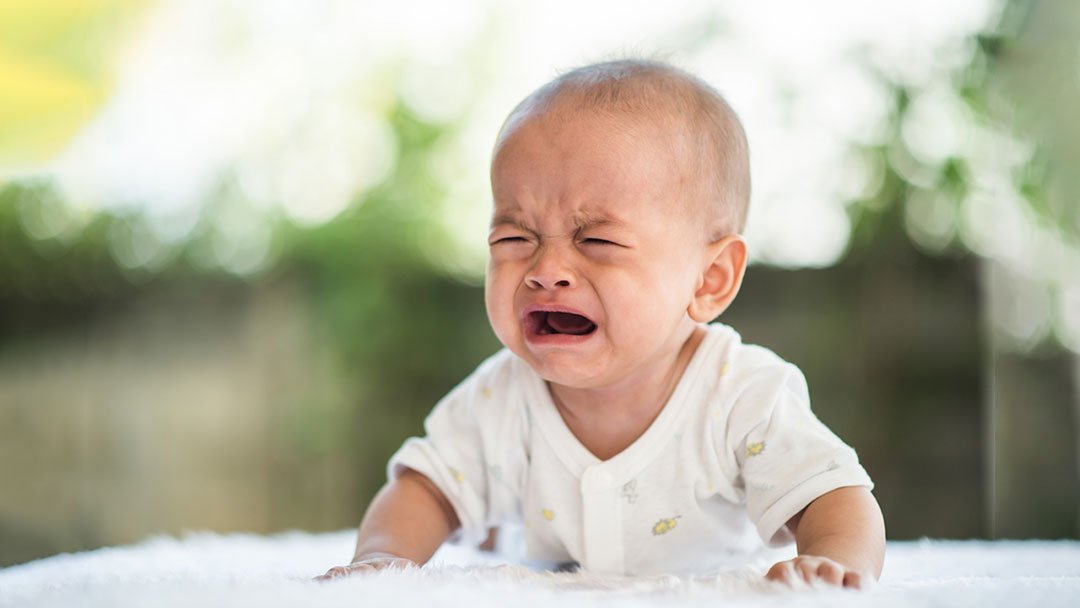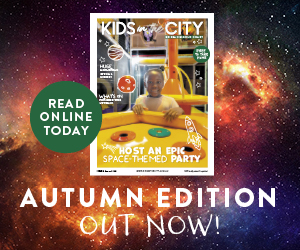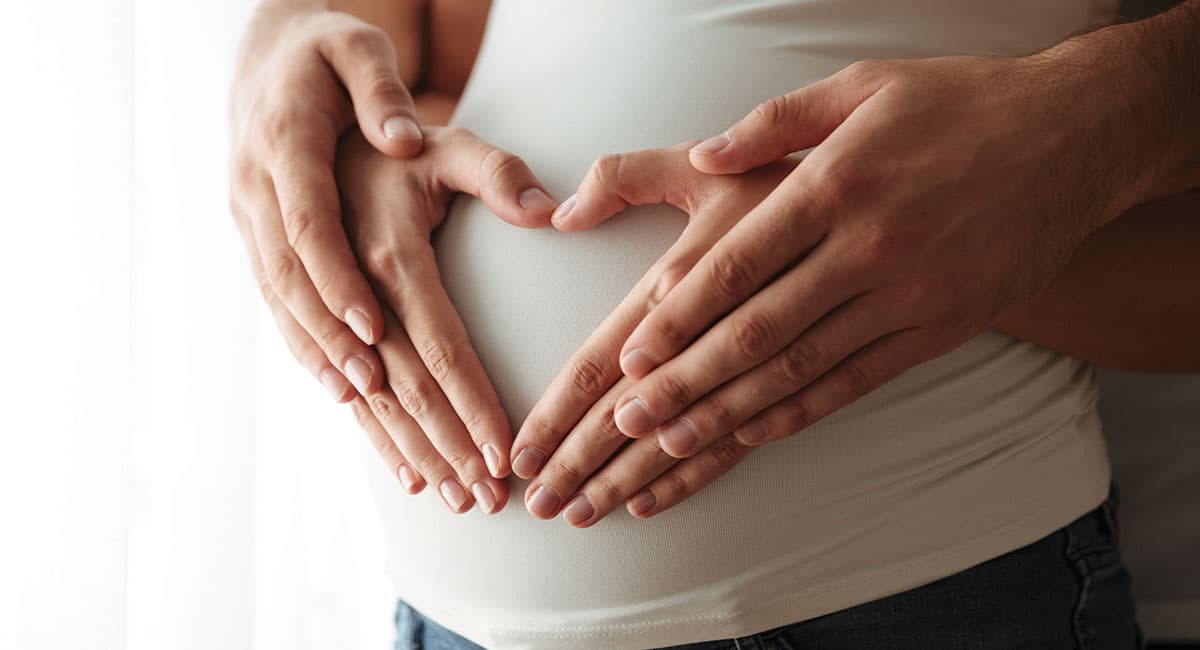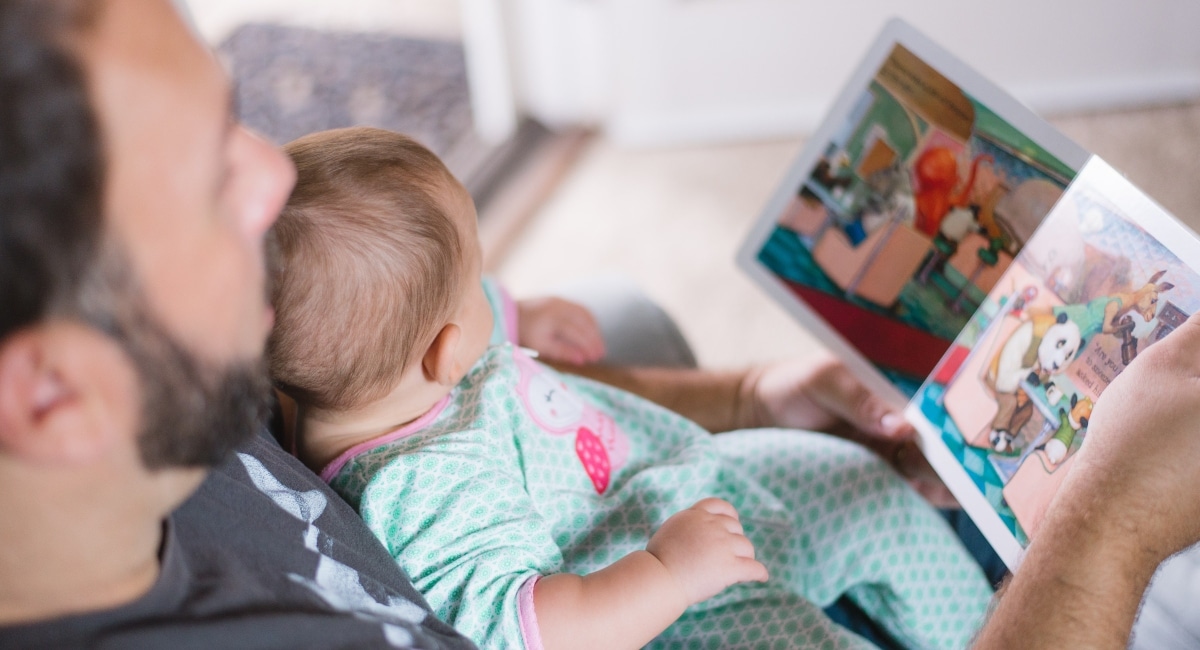Caring for a baby can often feel like detective work. Unfortunately, a baby crying is the only form of communication our little ones have in their early stages of life. When babies are in any form of distress or discomfort, they will cry. It’s not always easy to determine the reason behind baby tears, so parents often find themselves lost and worried. Let’s take a look at some common causes of why a baby is crying, and when you may need to seek medical advice.
What makes a baby cry?
Amongst the new mum community, the most googled question must be “why is my baby crying?”. Because deciphering the cries can be difficult, especially for first time parents. That’s when a mental checklist comes in handy. First thing to do is to ensure all basic needs are met, and that bub is comfortable.
The most common reasons for why a baby is crying are:
- Hunger and/or thirst
- Uncomfortable temperature or positioning
- Pain or physical discomfort
- Developmental ‘fussy’ periods
- Teething
- Need for comforting and closeness
- Overstimulated
- Overtired
- Soiled nappy
If your baby is crying and there is no indication of an emergency situation, try to address each of the common causes. When bub is fed, changed, cuddled and removed from any over stimulating environments, but still won’t stop crying, then it may be time to explore other potential issues.
Could it be Colic?
You may have heard of a ‘colicky baby’. People often confuse this diagnosis with gas problems. However, the term ‘colic’ is used to describe excessive, often unexplained crying in infants, and while its exact cause remains unclear, it is thought to be related to gastrointestinal discomfort, nervous system immaturity, and/or infant temperament. Basically, colic is a last resort diagnosis when no other causes can be found.
According to the Pregnancy, Birth and Baby website, “babies with colic cry inconsolably for more than 3 hours, more than 3 days of the week”. There is no cure, as we don’t know why some babies cry this much. It’s also important to note that though some products are marketed as targeting colic, there is no known treatment. If you have run through all potential issues and think bub might be dealing with colic, you can chat to your doctor about how to deal with the symptoms.
Could it be Reflux?
Reflux is common in young babies, and can be a source of discomfort and crying. Also known as GORD (gastro-oesophageal reflux), it is when food or milk from your child’s stomach comes back up their food pipe or mouth. It happens because the muscles at the top of their stomachs are strong enough to keep milk down. It usually gets better with time as children start to eat solids, sit up for longer, and develop stronger stomach muscles. But it can be a challenging time for families, because reflux babies do cry a lot.
Talk to your GP about reflux if your baby:
- finds it difficult to swallow
- is irritable and difficult to settle a lot of the time
- won’t eat
- is vomiting a lot
- isn’t growing properly or is losing weight
- has a chronic cough or recurrent chest infections.
There are thickeners available that can help thicken their milk. Also, help them to feed slowly and keep them upright after a feed.

A reflux baby can cry unconsolably for several hours
Could it be gas?
Sometimes babies develop bloating and painful wind from swallowing air while feeding. This can cause discomfort and crying around meal times. Burping a baby after feeds can help to release any excess wind.
Keep in mind that babies will often ‘spit up’ or posset their milk after feeding. According to the Australian Breastfeeding Association, “this spilling of milk happens when some of the milk in your baby’s stomach passes up into their oesophagus…and spills out their mouth”. It is normal and no need for concern. However, if baby continues to have issues with bloating and passing gas, and if other symptoms arise, they may be dealing with an allergy, intolerance, or illness.
My baby is crying, when should I see a doctor?
The Australian Government advises that “you should take your baby to see a doctor if they have:
- an elevated temperature, higher than 38⁰C
- vomiting or diarrhoea
- difficulty breathing
- a rash, or pale or blue skin
- changes in their feeding pattern
- not as many wet or dirty nappies [as they should]
You also should never be afraid to take your baby to the doctor if you are worried or sense something is not right. Peace of mind is a good enough reason to get bub checked out, as it can help reduce anxiety and stress around an unsettled baby.
Is there anyone I can ask about my crying baby?
Getting to the doctor straight away is not always practical. If you need some reassurance but can’t get to a GP, there are government helplines who can give over-the-phone medical advice.
Pregnancy, Birth and Baby: Talk to a maternal child health nurse on 1800 882 436 or video call, available 7am to midnight (AET), 7 days a week.
Healthdirect: Talk to a nurse on 1800 022 222, available 24 hours a day, 7 days a week.
This article is of a general nature and FYI only, because it doesn’t take into account your personal health requirements or existing medical conditions. That means it’s not personalised health advice and shouldn’t be relied upon as if it is. Before making a health-related decision, you should work out if the info is appropriate for your situation and get professional medical advice.
By Annie Mayer-Rayment
Annie has been researching and writing her whole life. She graduated with a bachelor’s degree from Macquarie University in 2019. In 2022 she received a master’s degree from the University of Sydney. That same year, Annie joined the university of motherhood, welcoming her first baby in April.
Throughout her studies Annie has explored a range of topics across the arts and sciences. Her focus has been on cultural heritage and anthropology. In 2019 she received the Halder Chowdhury Prize for her research on Indigenous Rock Art in the Sydney Basin. However, no task has proved as challenging as raising a little human.
Annie now enjoys exploring all things baby and postpartum, and writing informative pieces for her fellow mums.







